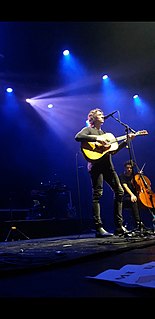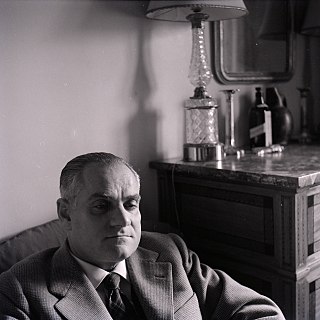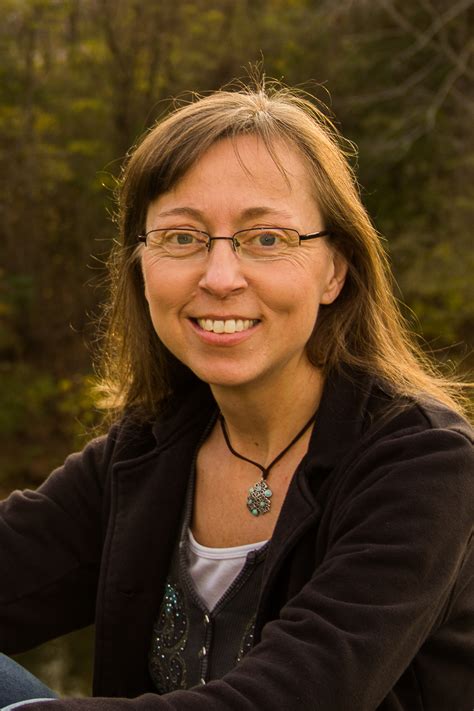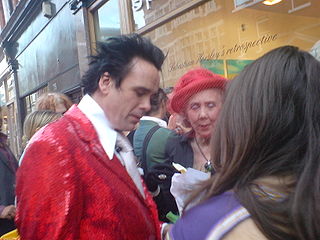A Quote by Nathan Englander
When I was living in Jerusalem, I used to write in a coffee shop called Tmol Shilshom. I'd sit at the same table every day and work. And right next to my seat was a weathered wingback chair by a window.
Related Quotes
The coffee shop played a big role in Vienna of 1900. Rents were sky high, housing was difficult to come by, your apartment probably wasn't heated, and so you went to the coffee shop. You went to the coffee shop because it was warm, because it was great Viennese coffee, and you went for the conversation and the company.
I have an office in my house, with a comfy red print reading chair and a soft cream-colored desk. After I walk Winston the Wonder dog and have my breakfast, I head to my office. Every single day. Sometimes, when I'm working on revisions, I print off my manuscript and go to a coffee shop to work. But mostly you can find me in my office.
I used to be a pre-industrial writer: thousands of words in a spurt and then a few days off. But as I get older, I've switched to a mode best described as 'slow and steady wins the race.' Basically, I write during the same four hours every day, after breakfast and the all-important coffee, generally in the same room and wearing the same pajamas.
I wake up fairly early every day, by 8, for sure. Sunday is a lighter writing day than the weekdays, but I still wake up and write for about an hour, beginning right around 8. I definitely have coffee first, and then I start writing. I do think it's kind of hard to get the right level of concentration without coffee.
A chair's function is not just to provide a place to sit; it is to provide a medium for self-expression. Chairs are about status, for example. Or signalling something about oneself. That's why the words chair, seat and bench have found themselves used to describe high status professions, from academia to Parliament to the law.







































